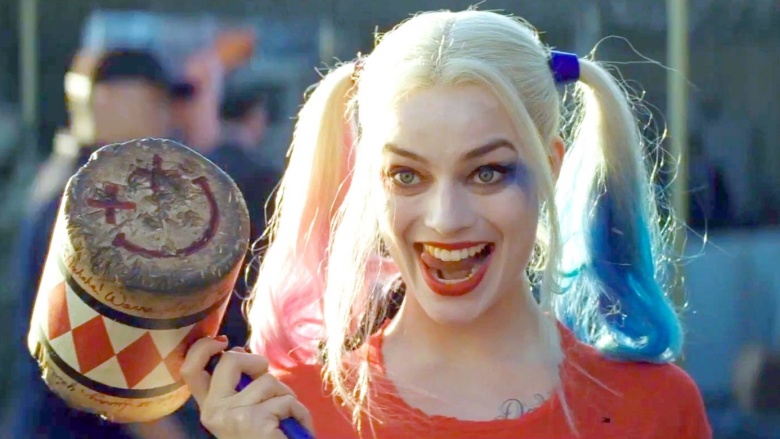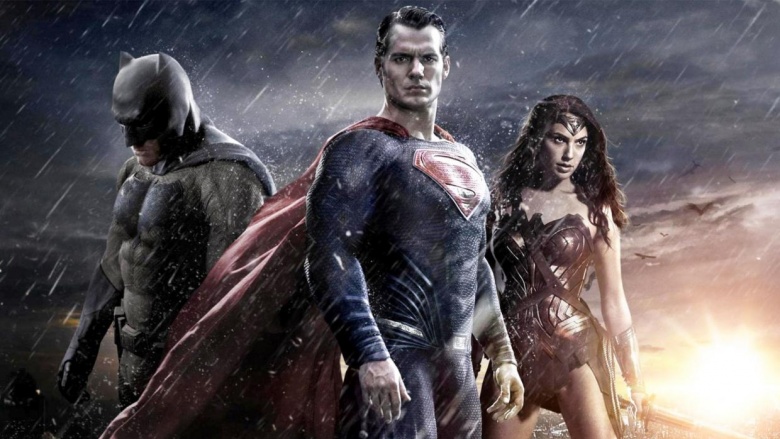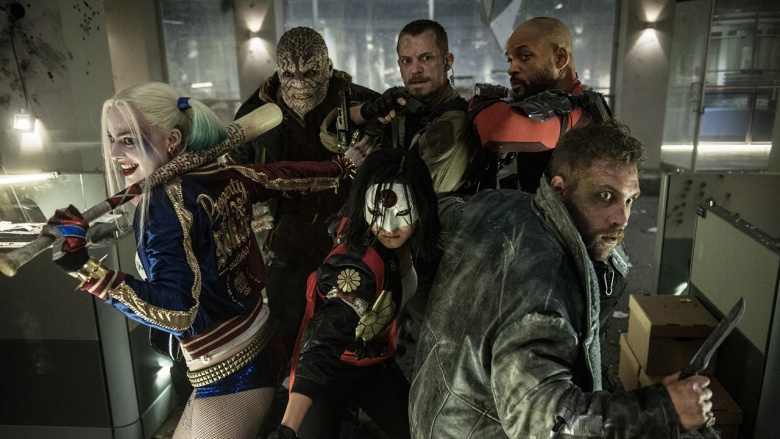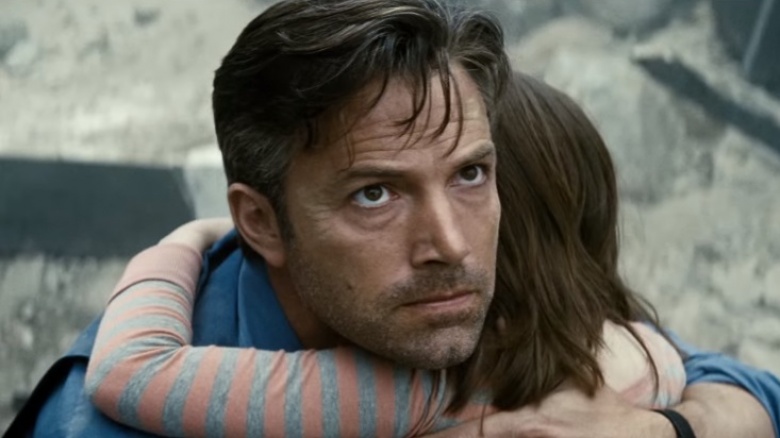How The DC Extended Universe Can Save Itself
It's been interesting to watch the DC Cinematic Universe (or Extended Universe) develop over the last few years of superhero cinema. Made up of just two movies so far—2013's Man of Steel and this year's Batman v Superman: Dawn of Justice—it bears the burden of poor reviews, and also a sort of Johnny-Come-Lately perception when compared to competitor Marvel Studios' five-year lead on its own cinematic universe. Based on what's happened so far, it's easy to imagine that if DC doesn't turn things around soon, its stab at a shared movie universe might end up fizzling out before it even gets off the ground. But despite its spotty track record thus far, there are still some ways DC can turn it all around, save their universe, and start delivering the goods.
Lighten up a little
"Agreeably silly." "Irreverent.""Just plain fun." These are the types of terms reviewers use routinely when they're talking about entries in the well-regarded Marvel Cinematic Universe. Meanwhile, the two films in DC's burgeoning rival world have been described as "grim," "charmless," and "a lumbering, glum, cool-toned behemoth." Already, the DCEU seems at risk of crumbling under the weight of its all-consuming darkness. No one ever smiles; body counts soar; the movies try so hard to make you take them seriously that they neglect to do what superhero movies are supposed to do best—entertain you. With producer Geoff Johns on record saying that he plans to bring "hope and optimism" to the DC brand, there remains the potential for a fresh turn—maybe as soon as this August's decidedly more humorous-looking Suicide Squad.
Slow it down
The Marvel Cinematic Universe consists of 13 movies, four TV shows, and took five whole films to rev up for its big team-up event in 2012's The Avengers. By then, we'd spent enough time with the characters on their own terms to know that we more or less liked them all. Even villains like the nefarious Loki had their charm, and by the time everyone turned up for an ensemble show, it felt more like a gathering of friends than a shuffling of intellectual properties. Compare this to the DC movies: in two films, they've given us six characters, cramming essentially the entire future Justice League into Batman v Superman: Dawn of Justice. As though the marquee event of those two heroes fighting wasn't going to be enough to hold our attention, we had to sit through found footage of Aquaman and scratch our heads at a time-travelling Flash? It's too dense for its own good; it comes across like a shortcut. Hopefully the upcoming Suicide Squad and next year's solo Wonder Woman movie will be able to pump the brakes a little on this runaway train before it's too late.
Use imaginative directors
One way the DCEU movies can work to distinguish themselves is to make the most of what Warner Brothers producers have been calling a "director-driven" approach to their films. So far, it hasn't added up to much. Both Man of Steel and Batman v Superman were helmed by Zack Snyder, and he brought each film a bleak outlook on beloved characters, making creative choices like shooting Jimmy Olsen in the head as a "fun" joke, letting Batman and Superman kill with reckless abandon, and stitching together a three-hour-long extended cut that's rated R for violence. These movies have been dark, darker than audiences seem to want, and arguable too tied up in one director's vision. Getting people excited again could be as simple as switching up the tone, and either Suicide Squad or the World War I-set, female-first Wonder Woman—or both—could feel different, innovative, and imaginative enough to turn things around.
Make the most of Ben Affleck
Ben Affleck's Bruce Wayne was one of the more well-regarded aspects of the otherwise much-maligned Batman v Superman, and even before it was officially announced, it seemed like a no-brainer that the Oscar-winning screenwriter and director would probably get a shot at his own solo movie starring the Caped Crusader. Affleck's three previous films as writer-director, Gone Baby Gone, The Town, and Argo, were all incredibly well-regarded by critics, with Argo earning the Oscar for Best Picture. He's a filmmaker with a record of hits, with a more perceptive eye for what the audience wants to see than he's maybe given credit for. We all remember the video of poor Ben looking like a sad hostage in press interviews once the BvS reviews started rolling in; the wisest move for all involved would be to let the auteur on the payroll loose and start using the full range of his talents to help whip this series into shape.




